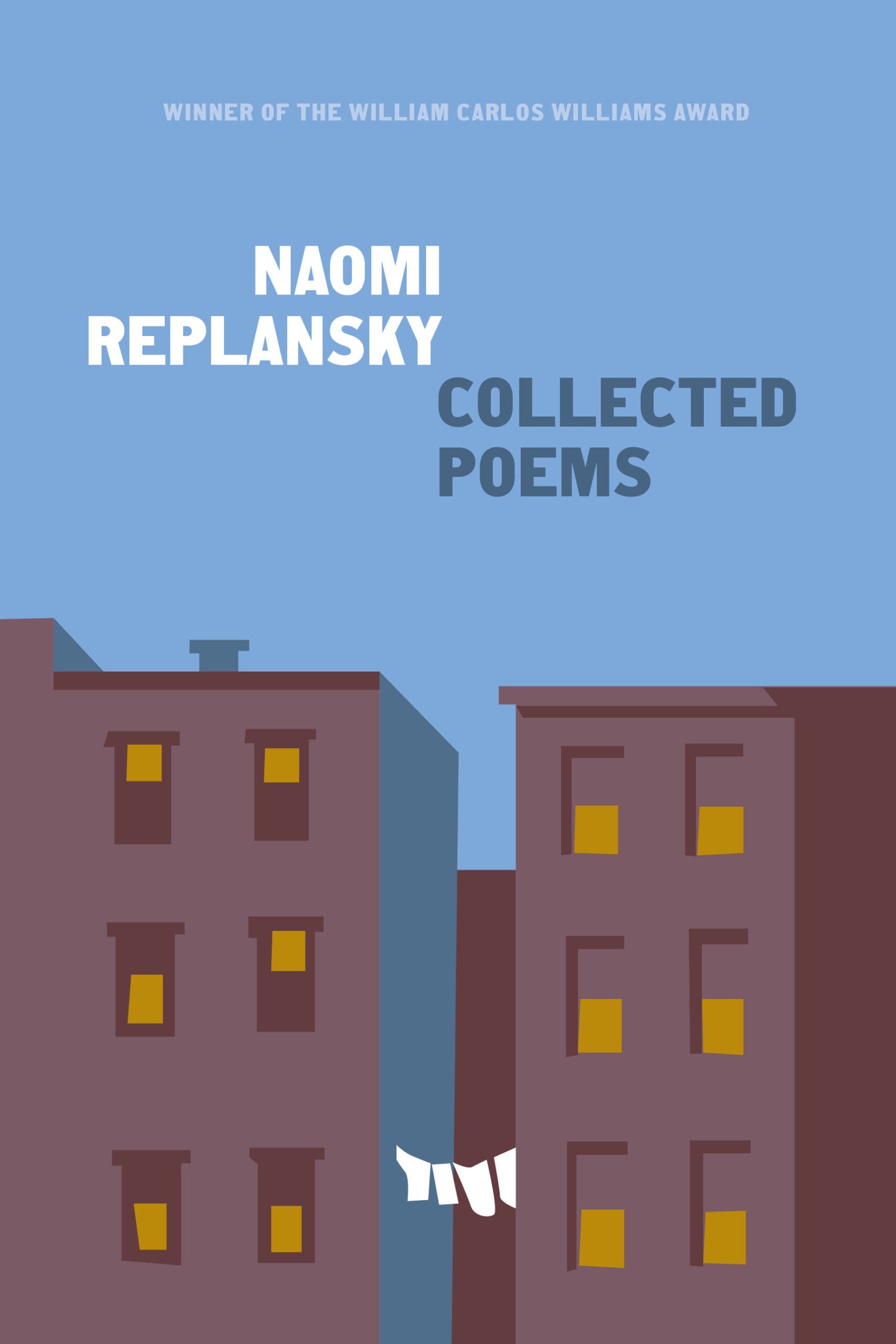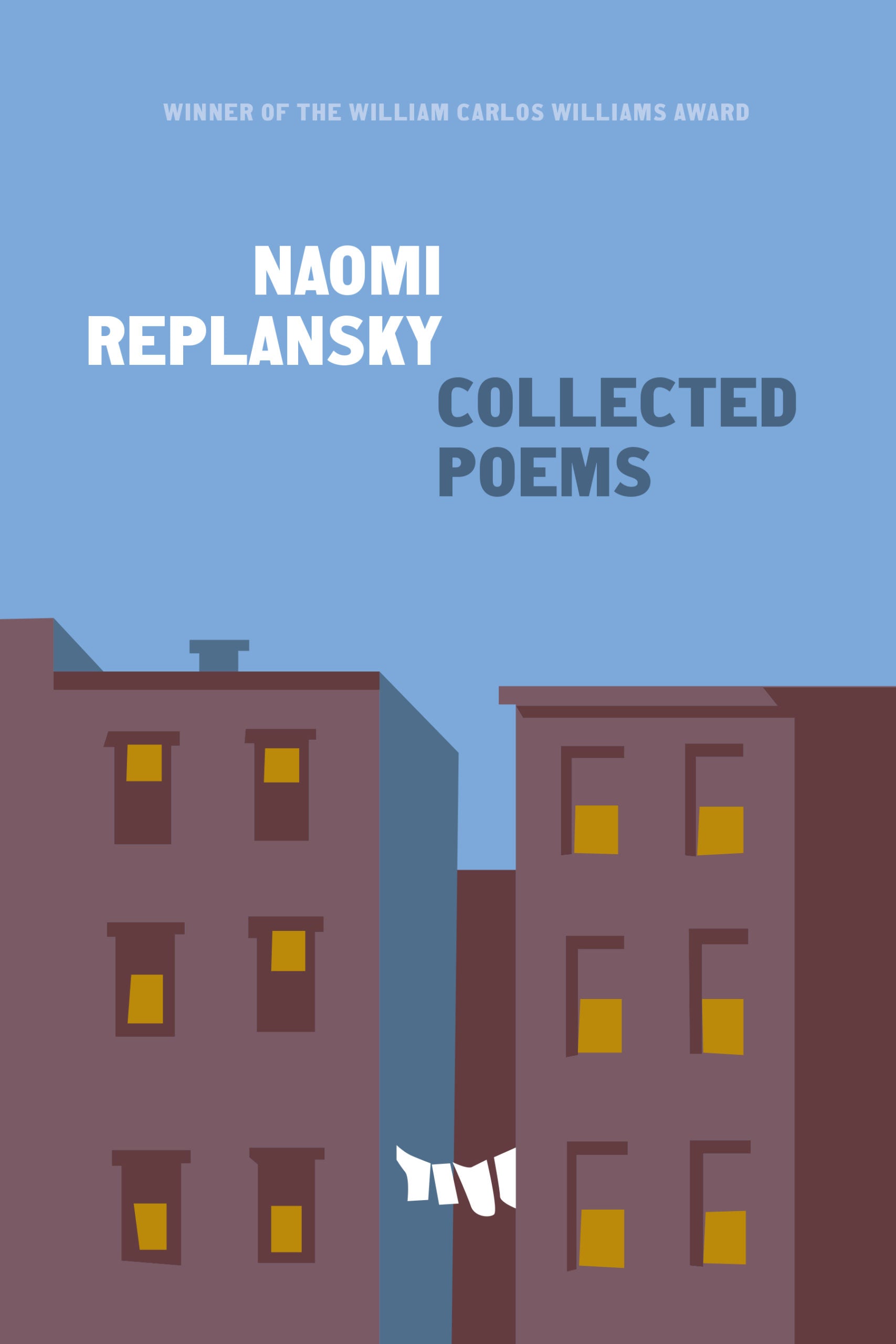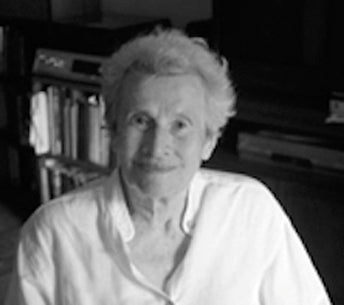
“Replansky is an intensely political poet appalled by the cruelty, greed and corruption of the masters of nations and corporations, appalled and enraged.” —Philip Levine, Pulitzer Prize winner Naomi Replansky was born in the Bronx in 1918. The daughter of working-class Russian-Jewish immigrants, by her mid-teens she began publishing poetry that wove together leftist themes, Jewish history, and oral and folk traditions. During the 1930s and 1940s, she worked in factories and became a member of the Communist Party; in the 1950s she translated the work of Berthold Brecht. Here at long last is the collected work of a lifetime by one of the most brilliant American poets— a poet of the people.
Naomi Replansky's poetry rings with reality and wisdom, and it is always song. Her observant, political wit and gravity are as piercing and as necessary now as ever – and I would say more so . . . her voice and her way of reading are among the very best we have. —Jean Valentine
Naomi Replansky is a major American poet, long overdue for acclaim. She writes skillfully, both in and out of strict form, crafting lines carefully, with concision and rare intensity. Her poems are the real thing; her collected work of a lifetime deserves the widest possible hearing. —X. J. Kennedy
Here in a book, the work of a life. All the poet Naomi Replansky is here: the dry, quiet voice, the incantatory and familiar rhythms that are never quite what you think they are, the wit, the touch of comfort, and the tongue-lash, the modesty that entirely frees her from trend, and the audacity – above all the audacity, the risk-taking, the nerve of the woman! These poems bear honest witness to what it was to be alive, really alive, in the twentieth century, and I turn to them again and again for courage to face the dark opening of the twenty-first. —Ursula Le Guin
The free and savvy poems of Naomi Replansky soar, in a speech that urgently affirms a strength we've almost forgotten we have. Clear as water and as necessary, they quicken our solitary selves. The light pulse of their instantly shared energy shows us each other and joins us in our eagerness to speak out as they do, against confusion. They are bold and embolden us. We hear the true polis alive under the dirty air of truthless ping and we participate in its power. To participate in power is freedom, Cicero says. These poems, proposing sixty years of a free woman's song, wake us up to it. Their cadences and claims uncover the given world and make us think. We do so willingly because the beat they keep is the rhythm of the heart. —Marie Ponsot
Naomi Replansky . . . has gained much reverence as a major voice in American poetry for honest work and speaking with clarity. —The Midwest Book Review

